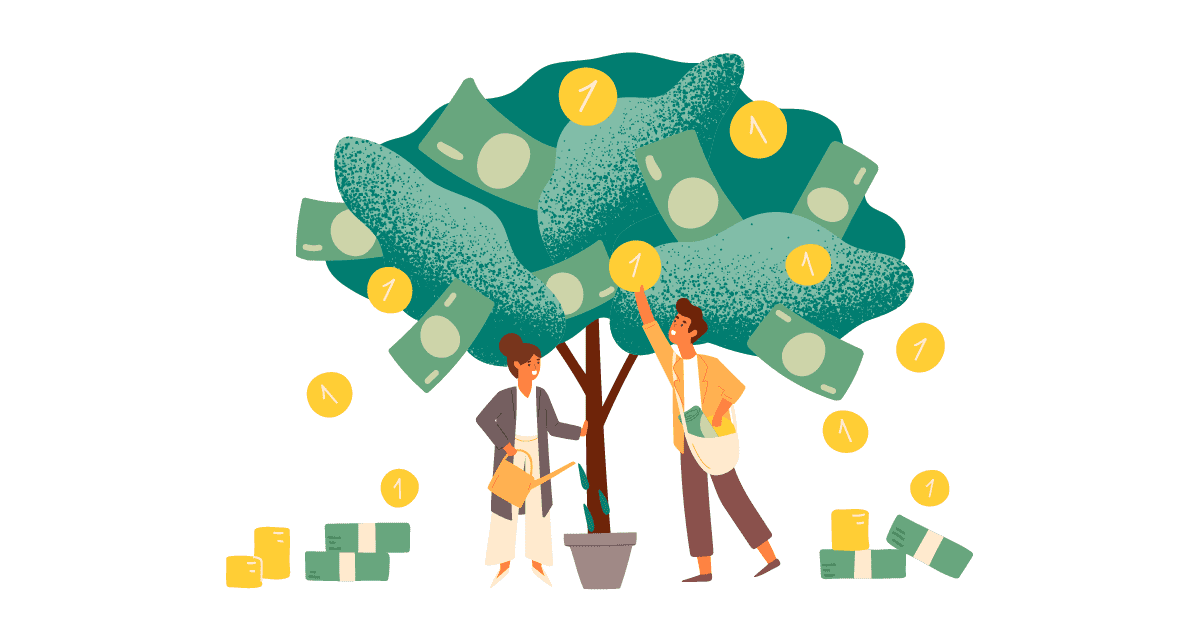- Guest Contributor
- January 19, 2021
In most cases, if you are a gig worker or self-employed, you cannot qualify for unemployment. However, you can register a company and take a paycheck or work as a full-time freelancer. If the company you worked for goes out of business and you lay yourself off, you might receive unemployment, depending on your state’s laws. You cannot register as a sole proprietor. You’d need to register as a corporation, or a limited liability company set up as a corporation.
What Is Unemployment?
Your state pays unemployment when you lose your job. Many states will only pay if you’re laid off through no fault of your own. If your employer fires you, you might not be able to collect unemployment. In some states, you might not be able to collect if you voluntarily quit a job.
Employers pay for your unemployment insurance. People are paid if they are laid off when a company closes, restructures, or removes their position.
If you qualify for unemployment, you get a percentage of your weekly wages and you would be paid each week. Then you’d have to re-certify on a weekly basis to confirm that you are not working.In most states, you also have to show that you are actively looking for work while you are on unemployment.
How Does Unemployment Apply to Independent Contractors?
In most cases, independent contractors cannot receive unemployment. However, in a historical move in 2020, the U.S. government signed the CARES Act into law. This act mandated that states must pay independent contractors unemployment compensation on a temporary basis.
Once the CARES Act expired, Congress signed a new law awarding unemployment to those who had not yet found work. Once this time period expires, these payments will no longer be available to gig workers.
What Happens if I Lose a Job or Gig?
As an independent contractor, it is up to you to keep yourself in work. You must always be looking for new clients. At any time, a current client could decide that they no longer need your services. In cases with contracts, the person hiring you has no obligation to use your services after the terms of the original contract have been met.
If you have a job that takes up most of your time, great! But, you should still make time to look for other jobs that you can do or find other ways to protect against income loss. As an independent worker, it’s safer for you to have various sources of income. This way, you can still earn money if one gig finishes or is ended.
Where Can I Go for More Information?
You can find more information on unemployment benefits by visiting your state’s labor website. You can also visit the Internal Revenue Service and the Department of Labor. Both sites have additional information regarding unemployment under the CARES Act.
If you are a gig worker, you can create your own “unemployment” fund. For each paycheck you bring in, set aside the amount of estimated taxes you would pay. You should also set aside a small percentage “for a rainy day” or a time when income is tight. While that amount isn’t as much as what state unemployment would pay, it could allow you to pay some bills until you find your next gig.
About the Author: Cheryl Bowman has been writing on various topics since 2007. She writes on many topics, including pets and food. Her specialties are legal and automotive as she worked in both industries. Cheryl’s legal specialties are bankruptcy and family law, but she writes about criminal law and civil cases such as personal injury and real estate. You can find Cheryl on Writer Access.










